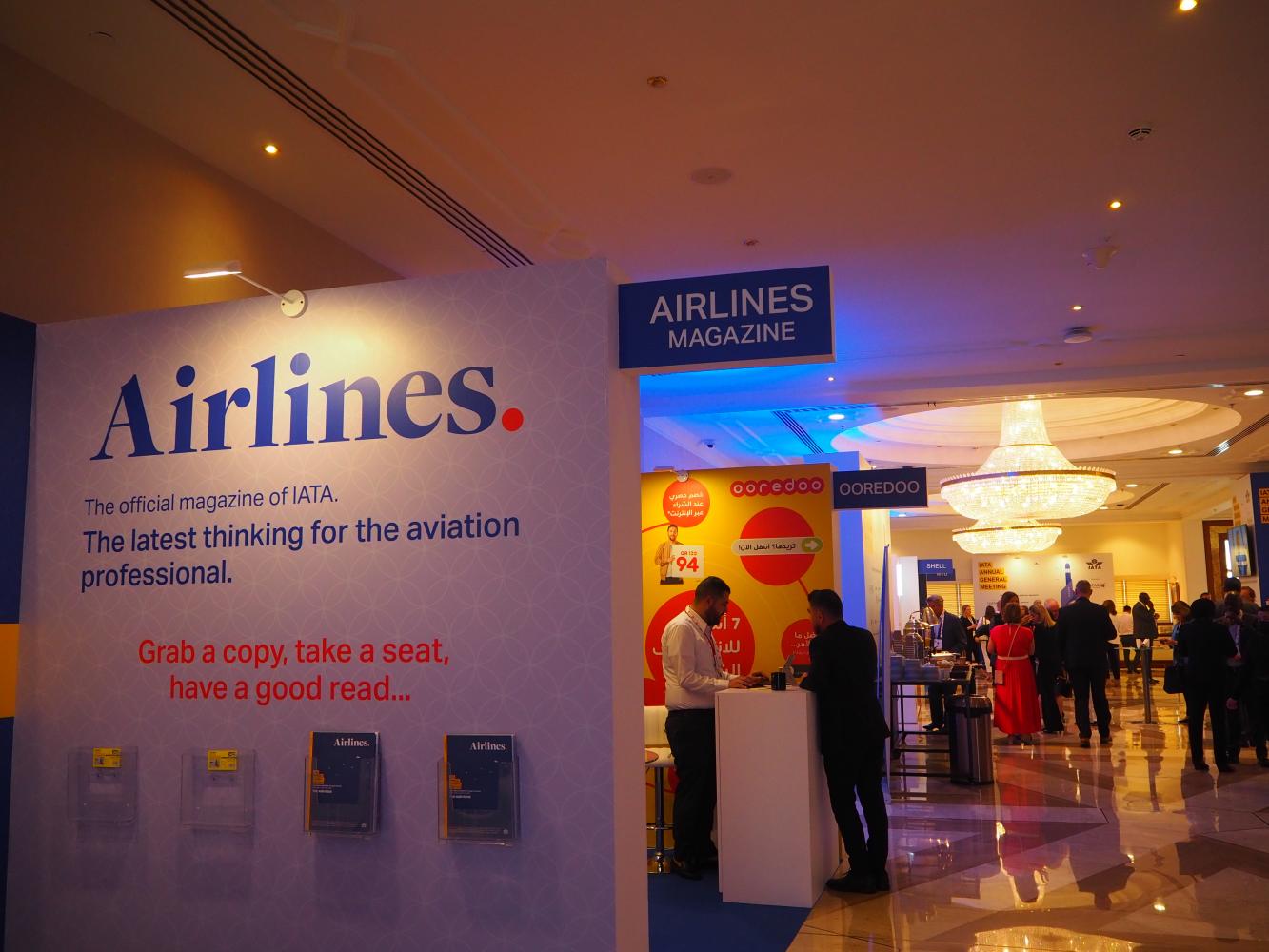
The aviation industry is finally seeing signs of optimism as it tries to rebound from a major crisis, although the recovery path appears to be uneven across the globe, particularly in Asia-Pacific as a result of remaining restrictions.
The restrictions are hampering a region that still lags the rest of the world in terms of aviation activity, said Philip Goh, regional vice-president for Asia-Pacific at the International Air Transport Association (IATA).
According to IATA, Asia-Pacific has started to see an uptick in international passenger demand, which tallied more than 20% of the level in 2019 in April following further easing of travel restrictions, aimed at limiting the spread of Covid-19.
"The trend of revenge travel is not just a short-term one as demand will remain, while the high oil prices we face today will eventually go away," Mr Goh said.
If momentum continues to grow from the further relaxation of travel restrictions, particularly in terms of the removal of testing requirements prior to departure and on arrival, the industry can expect promising outlook in the second half, he said.
To accelerate the recovery, all restrictions for vaccinated travellers as well as quarantine and testing for unvaccinated travellers should be removed, said Mr Goh.
The mask mandate for air travel has to be lifted once there is no longer a requirement in other indoor environments or on public transport, he said.
Mr Goh said the elimination of Thailand Pass on July 1 would make it easier to travel and help unclog airports.
Thailand has to conduct tourism promotion with markets offering strong potential in order to offset losses from the delayed reopening in major markets such as China and Japan, he said.
In terms of the 300-baht tourism tax, Mr Goh said the collection of this levy should not happen in the next few years as the market is recovering.
"Encouraging people to visit the country is necessary and the economy will benefit in much larger way from more arrivals than collecting a tax to raise some revenue," he said.
Mr Goh said expecting airlines to collect the tax is inappropriate because each airline operator uses a different system.
Lingering threats
Despite the recent rebound, concerns over a lack of staff and congestion at airports are among the negative factors that are dampening the ongoing recovery.
He said Asia has not yet encountered as many airport problems as seen in other regions, but the region ought to pay attention and learn from Europe.
Aviation-related organisations that are responsible for airports and governments need to learn lessons from the congestion and make accurate capacity projections to prepare sufficient manpower and avoid bottlenecks, said Mr Goh.
Rob Gurney, chief executive of Oneworld Alliance, said staff shortages are considered a long-term issue that needs to be addressed in a different way.
He said the industry also needs to figure out how to attract more females to the profession in order to promote diversity.
Mr Gurney said aviation is an attractive industry that connects people around the world via tourism or commerce, so it will continue to be aspirational and well-placed in the long term to entice workers back.
"The recovery has started, and hopefully the bookings and recovery will be sustainable despite headwinds from high fuel prices, inflation and recession," said Jeffrey Goh, chief executive of Star Alliance.
Negative factors will not only affect the profitability of airlines, but also the pocketbooks of consumers because of expensive airfares, he said. Passengers have to consider carefully whether to spend money on travel.
The current recovery is largely driven by leisure travel, which should benefit Thailand, said Mr Goh of Star Alliance.
He said business travel will recover at a slower pace than leisure tourism because of corporate budget controls as well as concerns regarding carbon footprints.
Preparing to roar back
Although staff shortages have led to many flight cancellations, which directly affects revenue as well as customer satisfaction, airlines can use alternative solutions to manage operations by adopting digitalisation.
Mr Goh said this is an opportunity for the industry to think seriously about automation and digital solutions such as biometrics to help optimise the process and tackle resource shortages at airports.
Meanwhile, the financial position of airlines remains a concern as they try to navigate beyond the crisis after incurring severe losses.
Ursula Hurley, chief financial officer at JetBlue, said the priorities are to reduce seat capacity, then hold negotiations with lessors and work closely with partners on business terms.
During the beginning of the coronavirus pandemic, JetBlue's daily cash burn stood at US$18 million, but it was reduced to $5 million in 2020.
Speaking at the 78th IATA Annual General Meeting and World Air Transport Summit in Doha, Ms Hurley said the airline has to focus on improving its balance sheet to pre-pandemic levels and balancing cash for necessary investment.
Ho Ngoc Yen Phuong, chief financial officer at Vietjet, said the airline also has to manage cash burn, reduce costs and prepare for fundraising once the recovery gets underway.
The Vietnamese government has offered financial assistance to airlines, such as lending support at a rate of 50%, however airlines must try to overcome the situation independently, she said.
Ms Phuong said it is vital to maintain a strong balance sheet to create long-term growth, while rolling out a risk management plan including fuel hedging to brace for higher oil prices.







